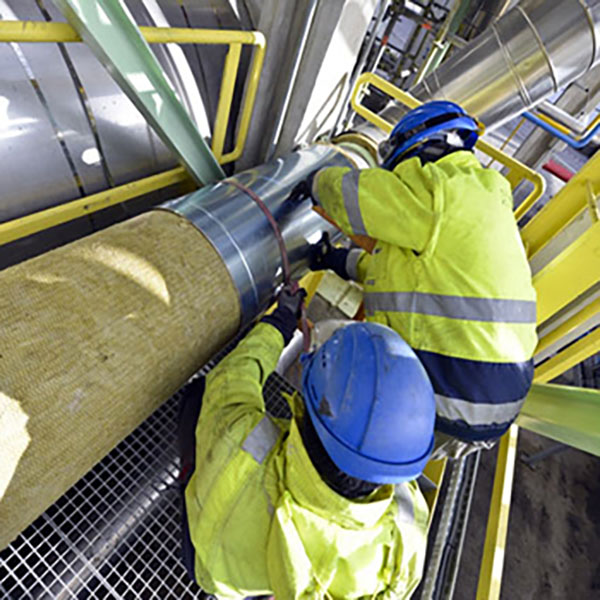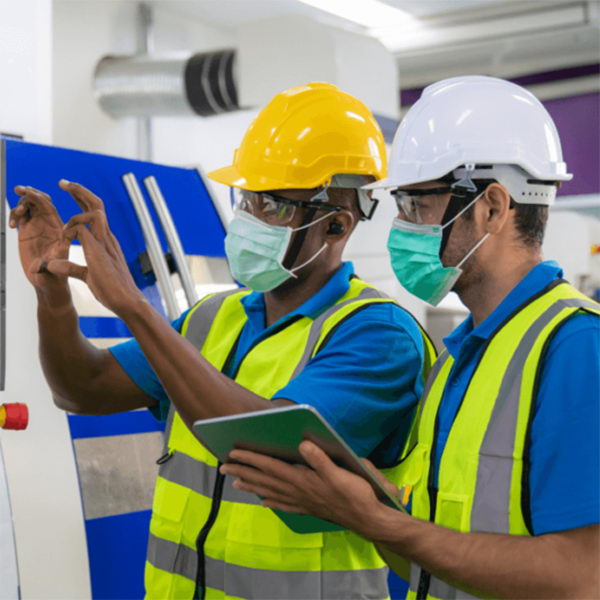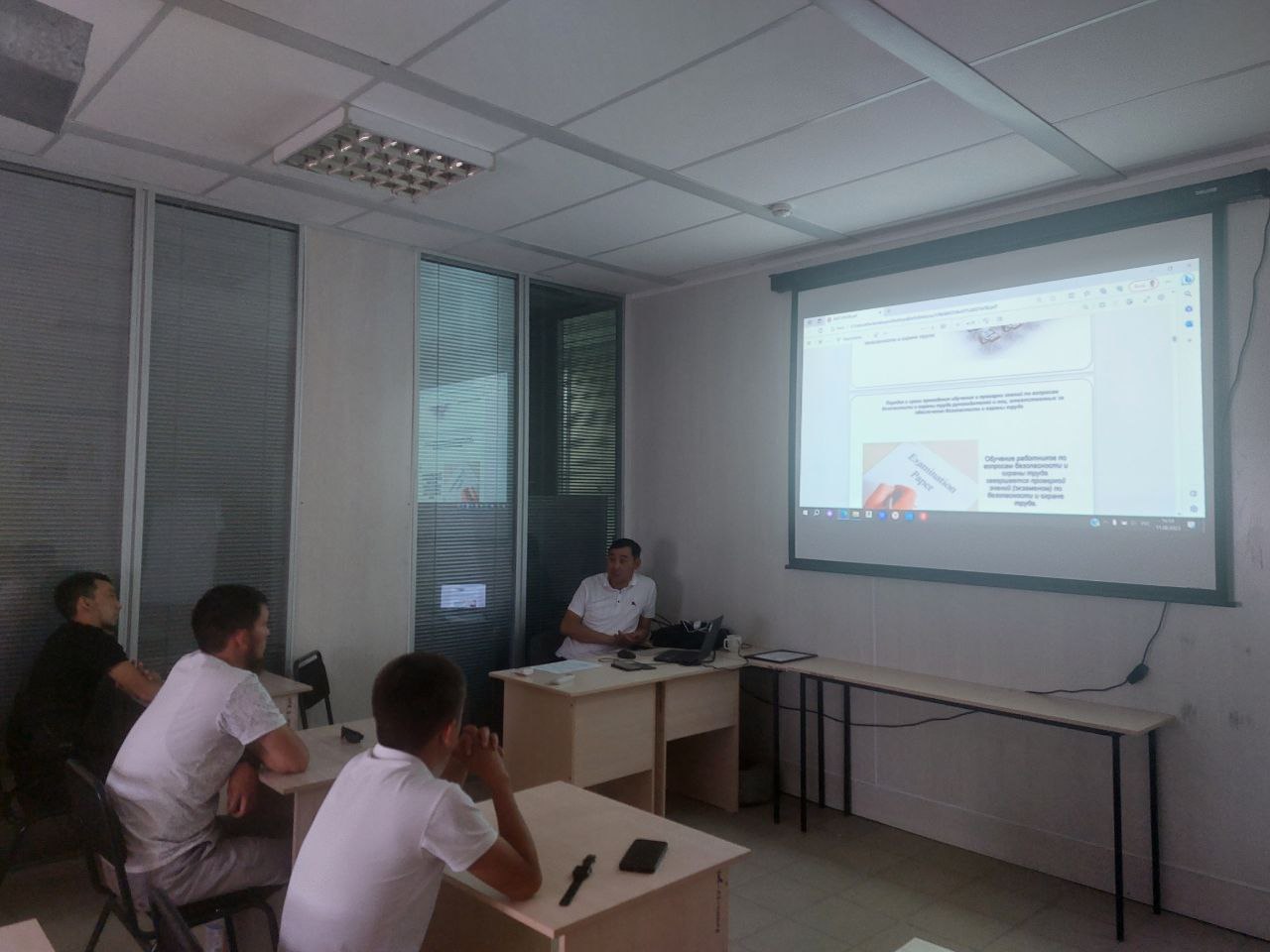
Quality Control Inspector (CIP)
The educational program has been developed by a certified professional with an international NACE certificate, based on:
International standards (NACE, SSPC, NORSOK STANDARD, etc.), and local construction norms and rules (SNiP/GOST) of the Republic of Kazakhstan, and safety regulations (Occupational Safety and Health, Industrial Safety, Environmental Safety).
The educational program for the “Quality Control Inspector” course is designed for acquiring or improving competencies necessary for professional activities in the field of quality control. The objective of this course is to provide detailed training in proper inspection methods.
Course: “Coating Quality Control Inspector
A protective coatings inspector is a specialist competent to carry out inspection work in accordance with established methods and technologies for control, surface preparation, selection, and application of protective coatings. The course covers inspection, surface preparation, selection, and application of protective coatings, as well as the choice of technology and control means, preparation of conclusions based on control results (inspection). The specialist possesses skills and competencies in developing documents and technical regulations for inspection.
Course Program (6 calendar days) – 48 hours includes:
• Purpose and objectives of control.
• Basic types of coatings control. Control systems.
• Identification of types of paint and coatings. Coatings.
• Corrosion of metals.
• Incoming control of paint and coating materials and their testing.
• Preparation of metal surfaces. Surface cleaning methods.
• Technology of applying paint coatings. Control of material preparation. Adherence to modes and stages of painting works.
• Control during the application of paint and coating materials.

Course “Inspector Quality Control for Insulation”
In this course, candidates possess some knowledge in the field of inspections. Knowledge in corrosion and coatings is also crucial for an insulation inspector due to the numerous issues related to corrosion occurring beneath insulation. The course covers the inspection of both thermal (hot and cold) insulation and acoustic insulation applicable to pipelines, vessels, and equipment used in the gas, petrochemical, oil, and refining industries.
Course Program (6 calendar days) – 48 hours includes:
• Purpose and objectives of control.
• Regulatory documentation.
• Corrosion under insulation.
• Types and storage of materials.
• Types and codes of insulation.
• Application of insulation, standards, and specifications.
• Inspection Quality Control.
Training process
Our curriculum covers key aspects of working in the oil and gas, as well as petrochemical industries, taking into account both local and international standards. We have developed specialized courses for each specialty, emphasizing safety.
We actively incorporate best practices and innovations into our educational process to prepare our graduates for high industry standards. Our goal is not only to meet current requirements but also to provide the knowledge and skills necessary for a successful career in the oil and gas and petrochemical sectors.
We strive to ensure that our training programs are up-to-date, innovative, and align with the highest industry standards:
Learning Format: Offline
Issued Document: Certificate of Professional Retraining
Duration: 48 hours
Educational Level: Based on higher or vocational education
Target Audience: Graduates and those looking to transition into the field
Note: Training program presented on the website are for informational purposes and may differ from those provided to you during the training period.



